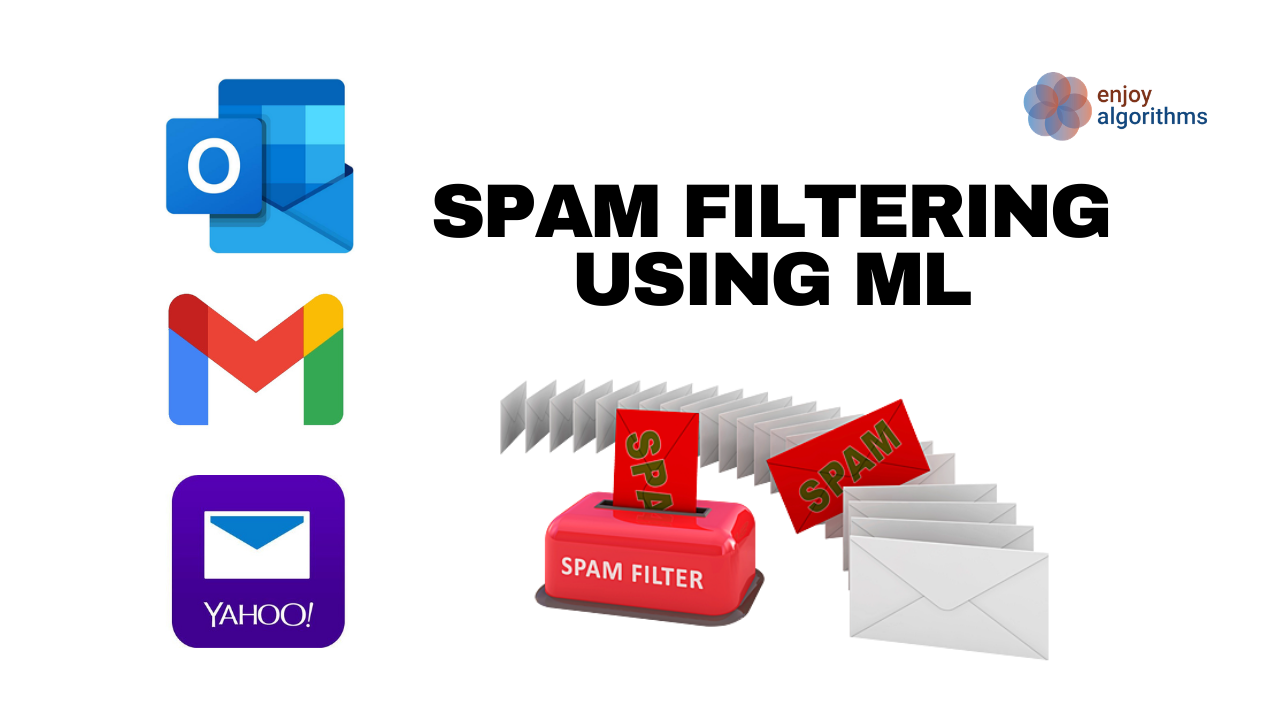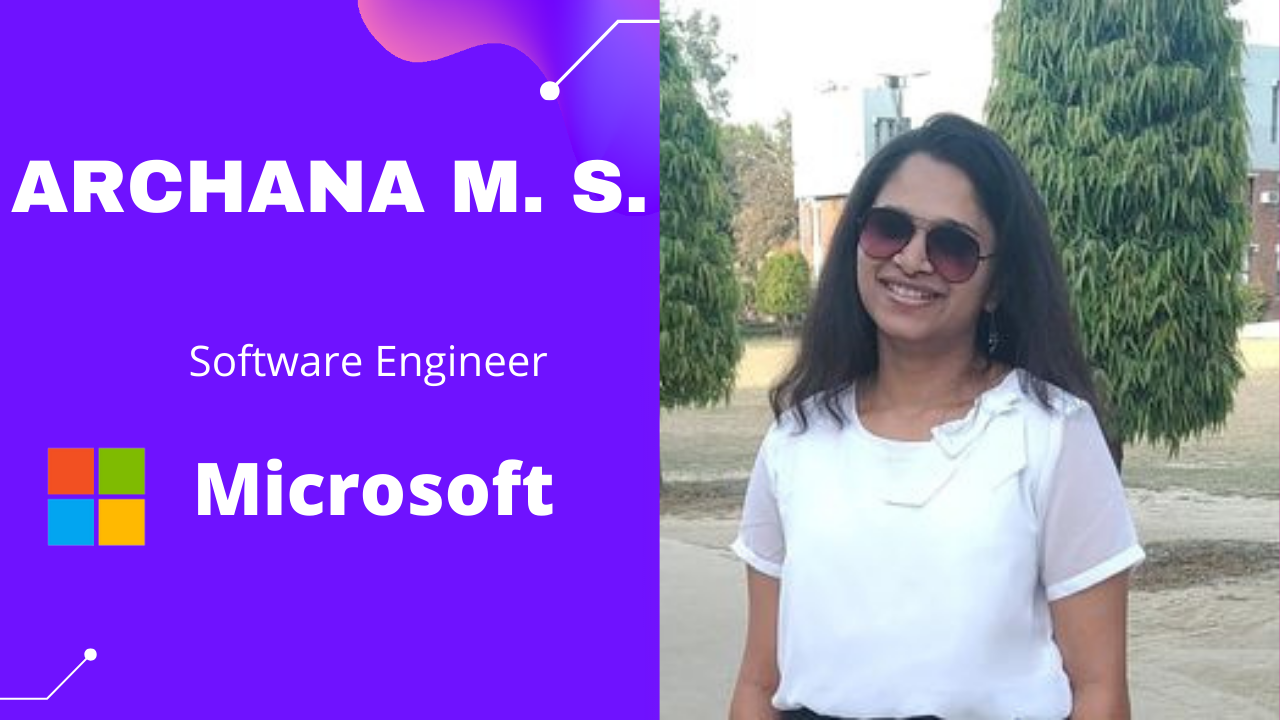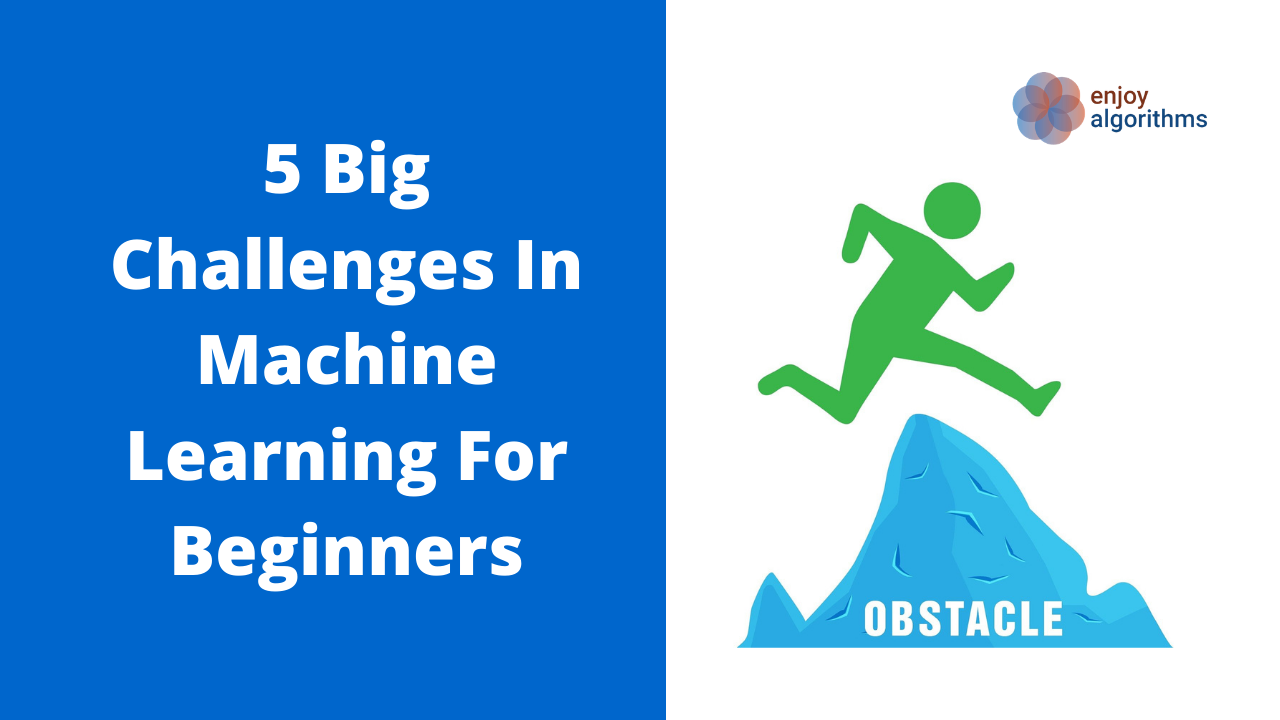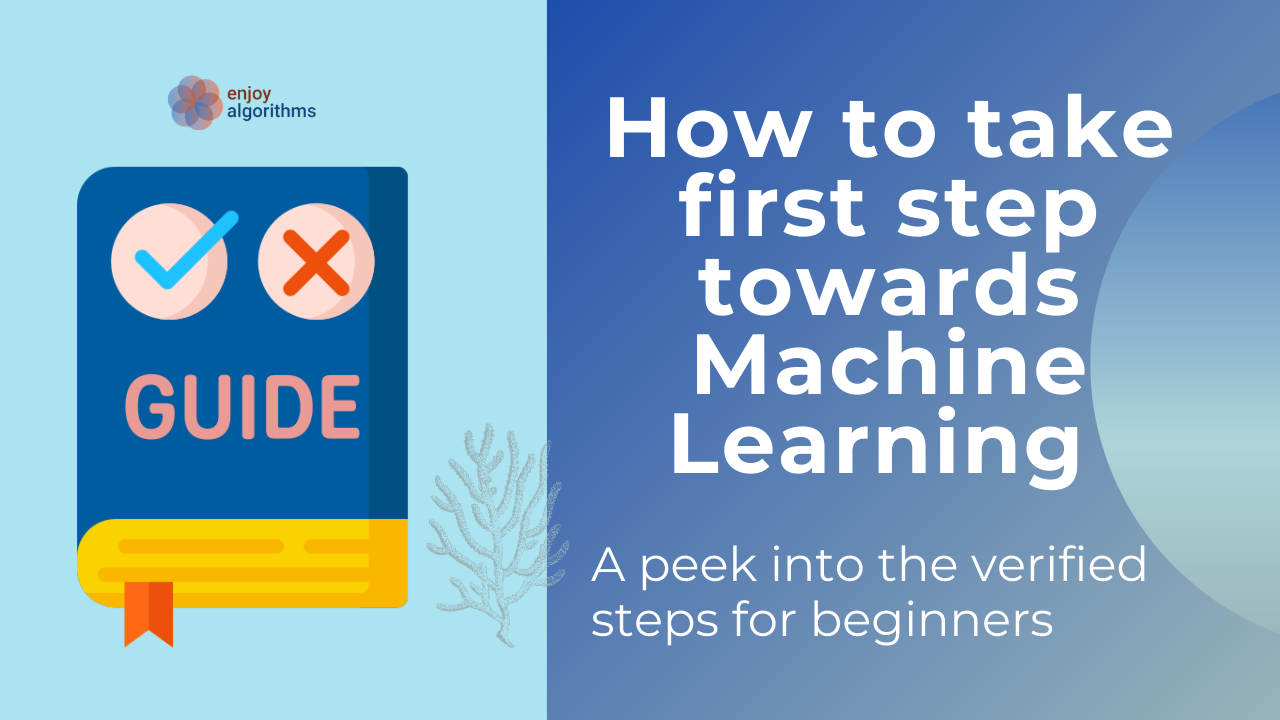
In the new era of technical advancement, electronic mails (e-mails) have gathered significant users for professional, commercial, and personal…

I hail from a small, underdeveloped, and conservative village in Karnataka, where educating daughters were questioned because they were supposed to learn household chores and get married.
But my parents were brave and unique. They had dreams of sending me to a good college; they insulated me from that world and always inspired me to study hard. They believed that education is a gateway to a better and empowered world. My journey towards this empowerment started when I got admission to Navodaya Vidyalaya for class 6th.
After I completed my 10th standard from Navodaya, I cleared the Dakshana entrance test. I got a scholarship from the Dakshana Foundation (an NGO), which offered free JEE ( Joint Entrance Examination) coaching for deserving students from rural backgrounds. With this wonderful opportunity, I was determined to go to IIT.
I had no aspiration to pursue medical studies, so among the options of biology and computer science (CS), I chose CS as my fifth subject. But frankly, I enjoyed learning C++ and writing code.
Based on my Jee rank, I joined IIT Kanpur as an Electrical Engineering major. IITK offered us maximum flexibility and freedom to choose our own passion. Even though the environment is highly competitive, it always encourages you to learn more and achieve more. Other than giving a degree, it transforms us and helps us grow as mature individuals.
The best thing about IITs is that you are free to explore as many departments as your time and interest allow you. I preferred courses from the CSE department to be able to pursue my interest in computer science. Believe me! It never stopped amazing me. I obtained two minors in CSE, one in Machine Learning and another in Computer Systems.
From the beginning, I was sure to pursue a career in software engineering. For my third year summer, I got an internship at Citicorp. My work was to perform Proof-of-Concept (POC), where I had to study and analyze multiple technologies and give a report on which one is best suited for our scenario. But other than that, my role included implementing the best-suited application software built by the tech companies, and I realized that I might not get an opportunity to build a new product there. So, I was determined to quit my pre-placement offer (PPO), even if I get one, and started practicing competitive coding on the weekends during the internship.
As you might guess, I started slow, I re-learn all the concepts of data structures and algorithms one by one, and for each concept, I practiced coding problems starting from easy to hard. Initially, it felt like each question I solved was an achievement that encouraged me to solve more.
This happens to me even now in my job. Every time I build a new feature, write an API, or fix a bug when I see it working, it gives this sense of achievement and encourages me to do more. At the end of rigorous 6–7 months of coding practice, screening tests, and multiple interviews, I got the Microsoft job offer.
Many technologies are being developed, researched these days. Still, ML/AI always fascinated me, and I love building technologies and products that can create some impact, then comes full-stack development. I will talk briefly about my interest and career prospects in these fields.
Machine Learning: ML as a concept always amazed me. Sure, machines can’t overpower humans because they lack creativity and innovation. Given the huge amounts of data, programmed machines can analyze them in minutes, where humans might take months to analyze large amounts of data. Especially in the modern world, ML/AI will always hold its significance when data has every dimension. In terms of career prospects, far as I am aware,
Full-Stack Development: In my software engineer profession, I love to code on front-end technologies, maybe because here I can see the result immediately. In terms of career, at least at the beginning of your career, you’re expected to be open to learning and working on both front-end and back-end, but you might choose to specialise in any field as you go on.
Based on my experiences from my journey, I would like to convey that :
Few books which I found useful.

In the new era of technical advancement, electronic mails (e-mails) have gathered significant users for professional, commercial, and personal…

Staring any new journey always require motivation, courage, and proper guidance. Pathway seems very neat and straight at the start, but it's always…

In this growing world, technical achievements are playing a vital role. We must have heard that technology has started to solve some of the old…
Subscribe to get free weekly content on DSA, Machine Learning and System Design. Content will be delivered every Monday.